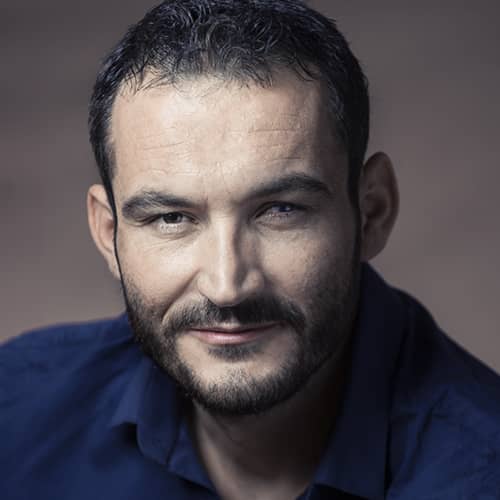
Another school report day
A satirical look at Kosovo’s latest EU Progress Report.
If the teachers had been more straightforward in their assessment, they would have admitted that Kosovo has essentially been repeating the same elementary class for many years.
For example, when Kosovo — with much cajoling — completed a piece of homework that the teachers deemed very important, before being caught making a late night attempt to rip the whole thing up just before Christmas. This little incident is said to have “raised serious concerns.”

Eraldin Fazliu
Eraldin Fazliu is a former journalist at Kosovo 2.0. Eraldin completed his Master’s on ‘European Politics’ at the Masaryk University in the Czech Republic in 2014. Through his studies Eraldin became interested in the EU’s external policies, particularly in promotion of the rule of law externally. He is a passionate reader of politics and modern history.
DISCLAIMERThe views of the writer do not necessarily reflect the views of Kosovo 2.0.
This story was originally written in English.